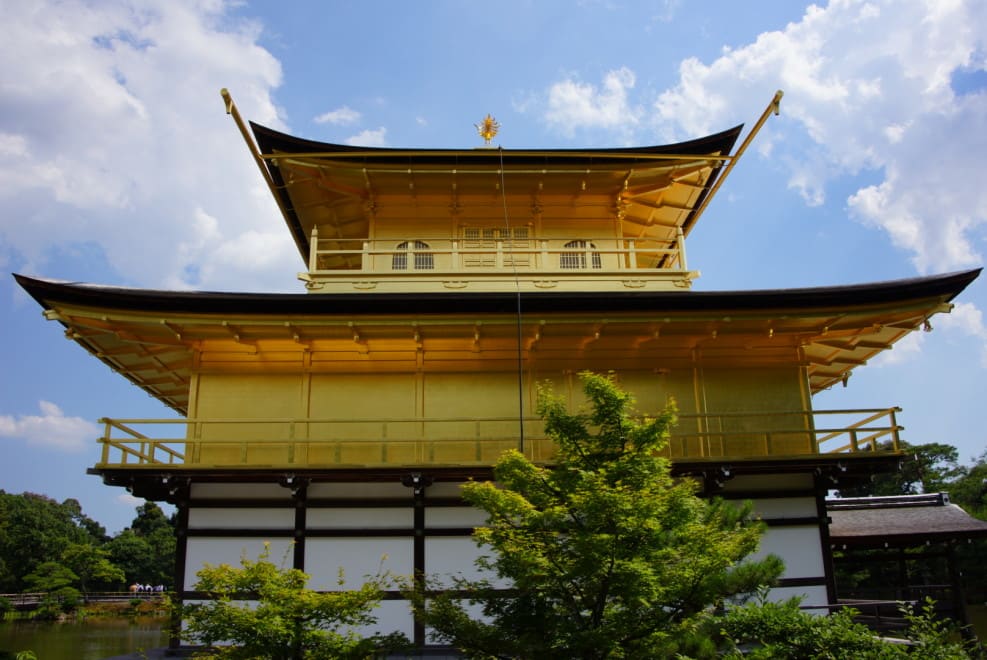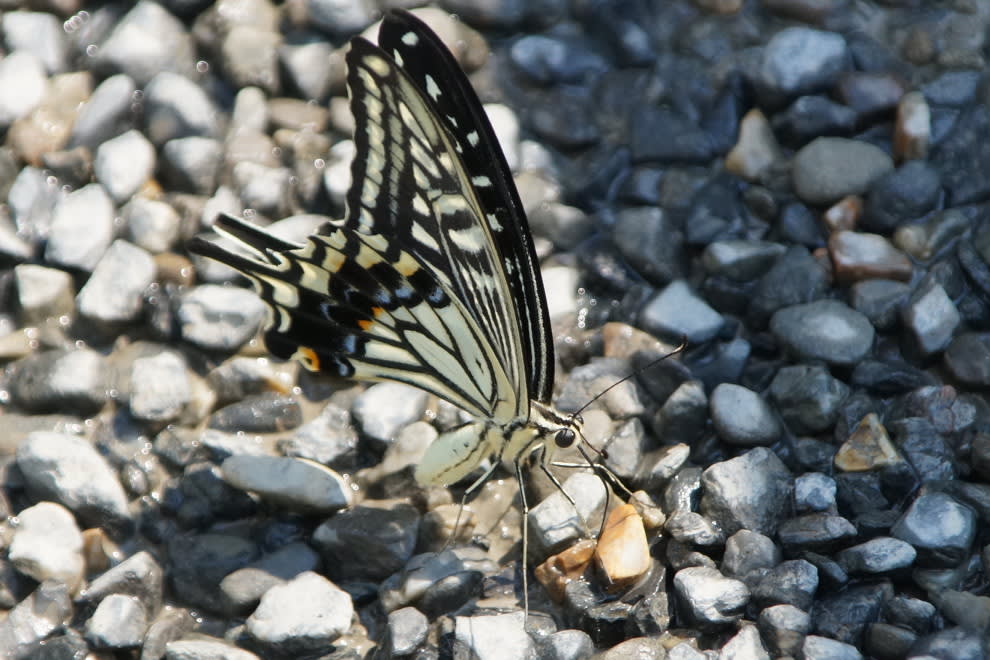It is a must-read not only for the people of Japan but also for people around the world.
The emphasis in the text except for the headline is mine.
Why Japan's Left and Liberals Have Completely Defeated Former Prime Minister Abe (Yoichi Takahashi)
Let us examine his track record, which shook the leftists.
On July 14, Prime Minister Kishida announced his intention to hold a state funeral for assassinated former Prime Minister Abe this fall.
In response, Komei did not comment, while Communist Party, Reiwa, and Social Democratic Party opposed the idea.
Although former Prime Minister Abe has been praised worldwide for his achievements, many people, especially leftists and liberals in Japan, blatantly disliked him, saying they would not tolerate Abe's politics.
Many media outlets opposed Abe, but what did he provoke in such people?
As we have mentioned many times in this column, former Prime Minister Abe had a stellar record in securing jobs through his economic policies.
In security, he recognized the threat of an authoritarian China earlier than any other Western politician, moved to a democratic quad (Japan-U.S.-Australia-India), and created the Security Law because of the importance of the alliance (collective self-defense).
These economic and foreign security policies were world-standard, and it was only natural that they would gain recognition from the rest of the world.
Several Nobel laureates and world-renowned economists highly evaluated the economic policies, and the leaders of many countries also supported the diplomatic and security policies.
But those achievements shook the left.
Job security is a fundamental idea of the left, but conservative former Prime Minister Abe beat the left at their own game.
State Funerals Become the Stage for "Condolence Diplomacy"
The left, defeated by employment and diplomatic security policies, had no choice but to attack former Prime Minister Abe with a scandal called "MoriKake Sakura."
The result, however, has been disastrous for the left.
The "MoriKake" scandal did not raise any suspicions about former Prime Minister Abe.
There was falsification of official documents by the Ministry of Finance, but this was caused by former Finance Ministry bureaucrat Sagawa's self-preservation to cover up his own mistakes in his answers to the Diet and had nothing to do with former PM Abe.
In the case of the cherry-picking, former Prime Minister Abe was not indicted only because of the failure to disclose the Political Funds Control Law to his secretary.
These are all the consequences of the judiciary of MoriKake Sakura.
While the negative image of MoriKake Sakura was strong in Japan under the influence of the leftist media, former Prime Minister Abe is highly regarded abroad for his achievements in the economy and diplomatic security.
This time, this bright contrast has been exposed.
It also clarified what kind of people disliked former Prime Minister Abe.
Until now, it has been believed that the so-called "net-right," mainly the Internet, supports former Prime Minister Abe, but judging from the offerings of flowers to the crime scene, Zojoji Temple, and the LDP after the shooting incident, there are many people in Japan who adore him as well.
The reports of some leftist media did not influence many people.
Besides, the condolences from abroad have been terrific.
Dignitaries worldwide, including Queen Elizabeth II, the Pope, former President Trump, President Biden, and President Putin, offered their condolences.
In addition, Secretary of State Blinken and Taiwanese Vice President Lai Ching-kuo visited Japan to offer their condolences.
The condolences totaled more than 1,700 from 259 countries, regions, and institutions.
Australia lit up buildings in its cities, and India held mourning throughout the country.
The U.S. Senate proposed a resolution to honor former Prime Minister Abe.
Since he was so beloved at home and abroad, a state funeral for former Prime Minister Abe is only natural.
It is said to be a problem because the government bears the entire cost of state funerals. The joint LDP-Cabinet funeral of former Prime Minister Yasuhiro Nakasone in 2020 is said to have cost approximately 200 million yen.
The cost of this national funeral, even if doubled, would be 400 million yen.
Since this is about 10% of the secret government and foreign affairs budget, it is not a significant expenditure.
Since dignitaries from various countries will attend the state funeral, Japan may be the stage for "condolence diplomacy."
Funerals are a way of remembering the deceased, and former Prime Minister Abe would probably allow this to happen as an opportunity for world peace.
Considering it as a good opportunity for Japan to be on the diplomatic stage, a state funeral is not meaningless.
Instead, it would be a fitting funeral for the internationally renowned former Prime Minister Abe.
Incidentally, Mr. Sekihei tweeted interestingly, "Xi Jinping of China is the most troubled by the state funeral of former Prime Minister Abe."
The author tweeted, "Is it natural to oppose what Xi is troubled by? Understandable," I tweeted.
Mr. Sekihei's observation clearly explains the position of the domestic forces opposing the state funeral.






















